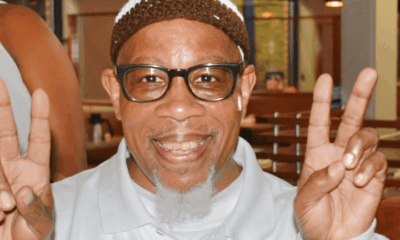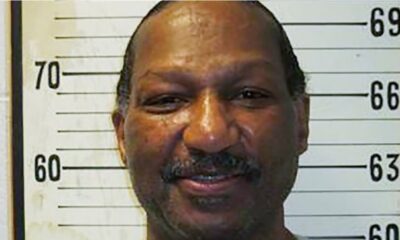Crime & Justice
Most common causes of wrongful convictions
The report, released in 2024, of data collected in 2023, also found that they were 153 exonerations last year and 84% of exonerees were people of color, and that 61% were Black.
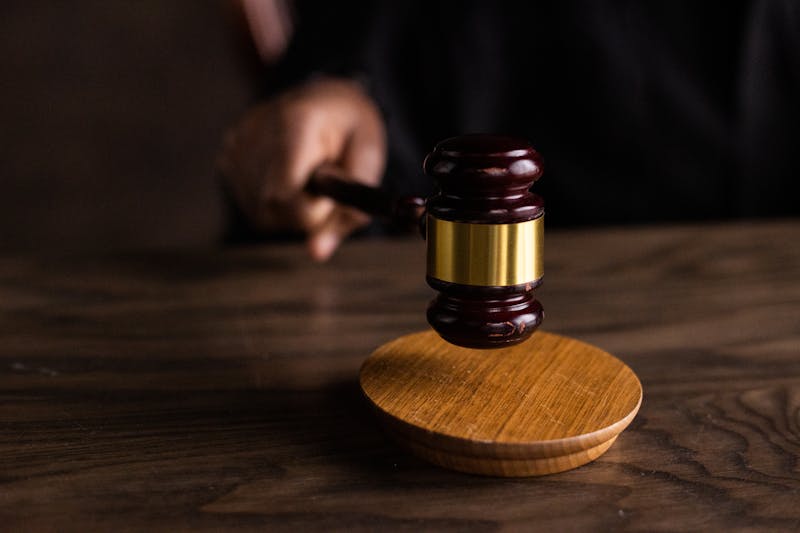
A new study by the National Registry of Exonerations has revealed the most common causes for wrongful convictions in the US.
Most common causes for wrongful convictions in the U.S.
The report, released in 2024, of data collected in 2023, also found that they were 153 exonerations and 84% of exonerees were people of color, and that 61% were Black.
Ohio personal injury lawyers at John Fitch examined data from the National Registry of Exonerations. Each contributing factor to a wrongful conviction was counted across all cases, calculated as a percentage of total exonerations, and ranked based on how often it occurred.
Wrongful convictions: Perjury
Perjury or false accusation is the number one reason for a wrongful conviction, involved in 68.8% of cases.
Perjury is the intentional act of lying under oath, while a false accusation is a claim that someone has committed a crime or an offense that they haven’t, which can be made either intentionally or mistakenly.
In 12 states, including Connecticut, Louisiana, and New Jersey, perjury or false accusation was a factor in every wrongful conviction. Murder cases have the highest instance of perjury or false accusation, with 1,171 out of 1,399 exoneration cases citing this as a contributing factor.
Wrongful convictions: Official misconduct
Official misconduct is second, involved in 57.8% of cases.
Official misconduct is illegal or inappropriate acts taken by a public official while carrying out their duties.
Examples include police brutality, sexual offenses, or coercion, all of which can happen either in the workplace or in public.
Illinois has the greatest number of cases that involve official misconduct at 585, with the factor contributing to 87% of exonerations in the state. In both New York and California, this factor was the most common cause of a wrongful conviction.
Wrongful convictions: inadequate legal defense
Inadequate legal defense is third, involved in 29.7% of cases.
Inadequate legal defense is when the defendant’s legal representation fails to meet the standard required to ensure a fair trial, such as incompetence or lack of preparation, failure to investigate all avenues for their client, or a conflict of interest.
This was the most common factor for a wrongful conviction in the states of Washington, Missouri, and Mississippi.
These states all face similar struggles: a lack of funding, large caseloads, and not enough attorneys.
Misleading forensic evidence
In fourth is false or misleading forensic evidence, involved in 24.9% of cases.
False or misleading forensic evidence refers to evidence that is based on unreliable or unproven methods or is exaggerated or fraudulent.
In five states, including Florida, Indiana, and Oregon, this factor was the most common cause of wrongful convictions. Furthermore, it was the top contributor to the crimes of arson, bribery, and fraud.
Wrongful convictions witness identification
Mistaken witness identification is fifth, involved in 23.5% of cases.
Mistaken witness identification occurs when a witness identifies the wrong person as the perpetrator of a crime.
This is the leading cause of exoneration in crimes such as attempted murder, burglary, and kidnapping. In Virginia, mistaken witness identification was present in every case of wrongful conviction.
DNA evidence is sixth, involved in 16.2% of cases.
Due to new advances in technology, DNA can be used as a powerful tool to help correct wrongful convictions.
In 59.9% of sexual assault exonerations, DNA evidence was used to clear the conviction. In both Virginia and South Carolina, it was a contributing factor in every wrongful sentence.
In seventh is false confession, involved in 14% of cases.
A false confession is when a person admits to a crime they did not commit and can be due to several reasons such as coercion or mental impairment.
In cases of arson, a false confession contributed to 50% of exonerations. In Georgia, all 19 wrongful convictions were caused by a false confession.
Commenting on the findings, a spokesperson for John Fitch said: “When a crime is committed, we put our faith in the legal system that the perpetrator will be caught and reasonably punished.
“Unfortunately, this is not always the case, with estimates that around 6% of the prison population are actually innocent.
“With this data, we can better understand the underlying causes of wrongful convictions and work toward a fairer and more accurate process, which in turn, should help to prevent future miscarriages of justice.”
You can read the full report here.
Real stories. Real impact. Straight to your inbox. Join thousands others. Click here to subscribe to our newsletter today!
Discover more from Unheard Voices Magazine®
Subscribe to get the latest posts sent to your email.
-

 Crime & Justice2 weeks ago
Crime & Justice2 weeks agoNew Brunswick, NJ 16-year-old shot and killed inside home
-

 Culture2 weeks ago
Culture2 weeks agoSt. Thomas Carnival 2026 dates announced
-

 Opinions2 weeks ago
Opinions2 weeks agoThe arrests of journalists who covered Minnesota church protest is an attack on independent journalism and freedom of press
-

 Crime & Justice2 weeks ago
Crime & Justice2 weeks agoLegal Defense Fund calls on federal leaders to condemn violence against public officials and cease inciteful rhetoric
-
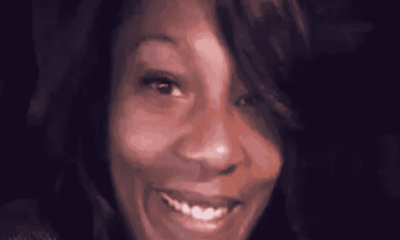
 Crime & Justice2 weeks ago
Crime & Justice2 weeks agoFormer Illinois sheriff’s deputy sentenced to maximum 20 years for murder of Sonya Massey
-

 Social Justice1 week ago
Social Justice1 week agoTemple student who assisted Don Lemon in covering Minnesota protest faces federal charges
-
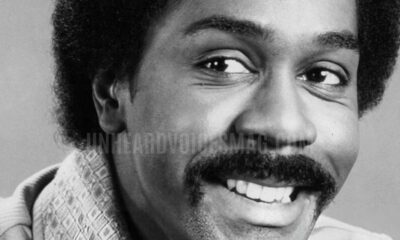
 Black Excellence2 weeks ago
Black Excellence2 weeks agoIn Memoriam: Demond Wilson, ‘Sanford and Son’ Star (1946 – 2026)
-

 Black and Missing1 week ago
Black and Missing1 week agoUpdate: Missing N.J. autistic teen is not in federal custody






